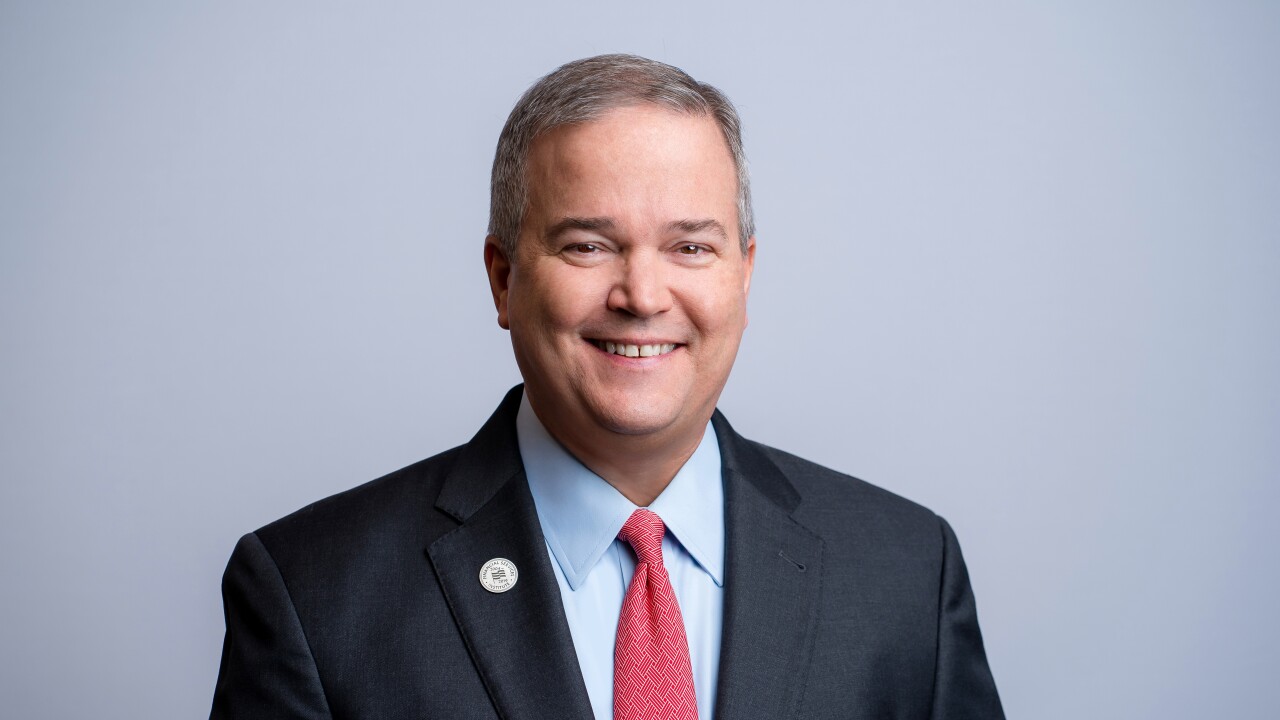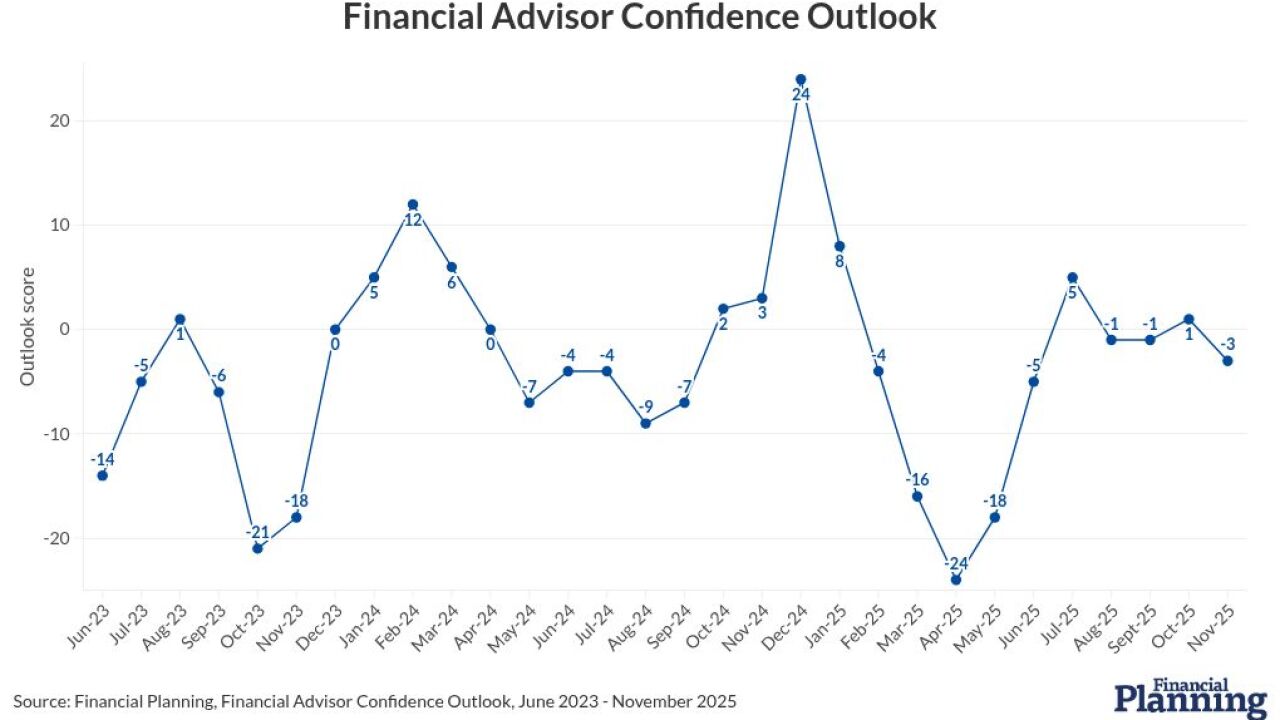Ed Slott was named "The Best" source for IRA advice by The Wall Street Journal and called "America's IRA Expert" by Mutual Funds Magazine. He is a widely recognized professional speaker and educator specializing in retirement distribution planning, teaching both financial advisors and consumers how to best take advantage of our complicated tax code.
-- Have something you want to ask Ed? Send your questions to
This week, IRA expert Ed Slott answers readers' questions about the pros and cons of rolling over 401(k) assets to either a traditional or Roth IRA.
Question 1:
My wife, Susan, retired as a New York City teacher in 2003. If she resumes employment with a different employer (and the employer does not have a 403(b)) plan, is she entitled to defer RMDs past the regular age 70 ½ date?
If not, what if the new employer has a 403(b) plan?
Is she entitled to defer if she "goes back" as a substitute teacher or administrative employee with the same employer, i.e. New York City Board of Ed?
Answer:
The rule is that you can only defer RMDs in the plan of the employer where you are currently employed. For example, you retire from McDonalds and get a job with IBM. Both companies have a 401(k) plan. You can only defer RMDs from the IBM plan because that is your current employer. You will have to take RMDs from the McDonalds plan.
Question 2:
Hi Ed,
I'm thinking of rolling over either a portion, or all, of my regular IRA as well as my Defined Comp. plans to a Roth IRA. I am now retired and will not need to draw on them and would like to leave them to my beneficiaries for tax purposes. If something happens to me within five years of the rollover will they have a problem?
Thanks,
Jim M.
Answer:
The conversion of your IRA or Qualified Retirement Plans to a Roth IRA will be taxable to you when you convert the funds. If you die within five years of the conversion, your beneficiaries will not be taxed on the withdrawal of the conversion funds because you already paid taxes on those funds.
Also, they will not have to pay the 10% penalty because the penalty is waived for death distributions. Lastly, if your beneficiaries withdraw the earnings on the converted funds within five years, assuming this is your first Roth IRA, they will be taxed on the earnings only, but no 10% penalty.
Question 3:
Dear Mr. Slott,
A few days ago, I watched your program on PBS in which you highly recommended to rollover a 401(k) to a Roth IRA. I would like to ask you for a favor to advise me what to do, rollover my 401(k) to a Roth IRA or just to a traditional IRA? I am a 77-year-old retiree and my current tax bracket is 15%. Every year I have to get the maximum distribution without penalty from my 401(k) to supplement to my social security for my family expenses.
I greatly appreciate your kind advice.
Sincerely,
Ton Le
Answer:
The decision to convert funds is an important one. Here are some general principles. A rollover from your 401(k) to a Roth IRA will be taxable so you'll have to come up with the money to pay the taxes on it, ideally from non-retirement plan funds. Converting funds at the 15% tax bracket is relatively inexpensive and beneficial, but the conversion could put you in a higher tax bracket. It could also affect your deductions, exemptions, credits and phase-outs as well as make some of your social security income taxable.
Withdrawals from Roth IRAs are generally tax-free. However, because you've indicated that you use your 401(k) distributions for your family expenses, you'll initially have more expenses (i.e., the tax bill on the conversion) after the conversion. Speaking with a competent advisor is recommended.
-- Have something you want to ask Ed? Send your questions to





